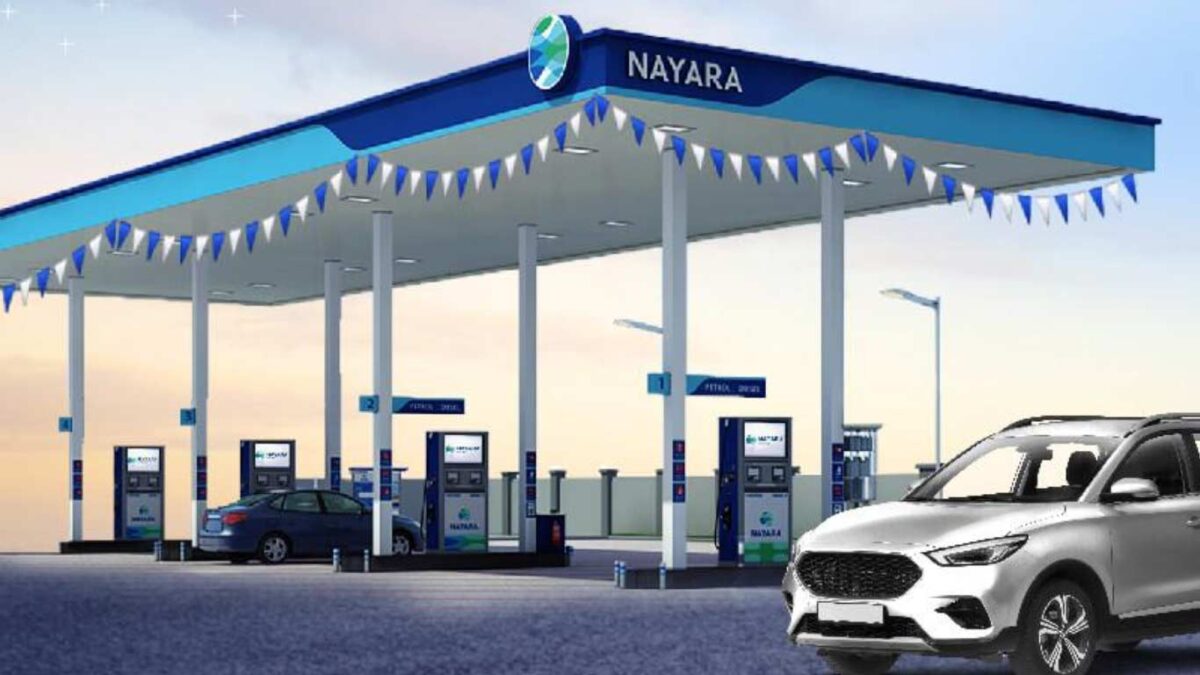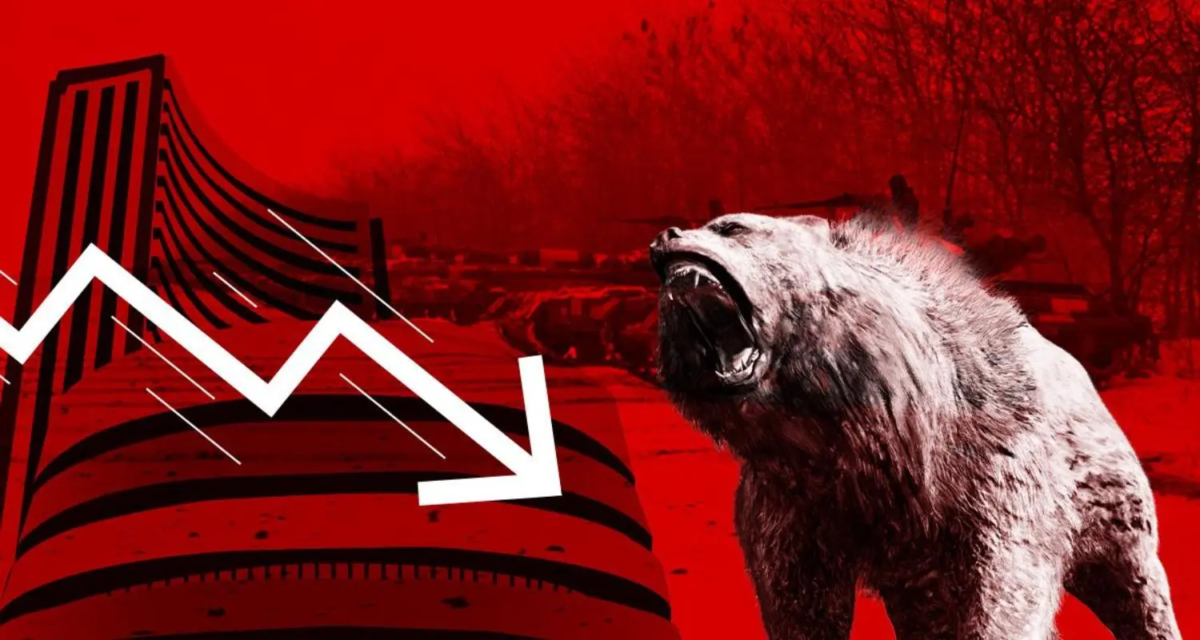Strategic Leadership Shift Amid Global Headwinds
Nayara Energy, India’s largest private fuel retailer, has announced the appointment of Teymur Abasguliyev as its new Chief Executive Officer, effective September 2025. The decision comes at a pivotal moment for the company, which has been navigating operational challenges and geopolitical pressures following European Union sanctions.
Abasguliyev brings over two decades of global leadership experience in the energy sector. He most recently served as Chief Financial Officer at SOCAR Türkiye Enerji A.Ş., where he oversaw corporate governance, financing, mergers and acquisitions, and large-scale restructuring across refining, petrochemicals, and energy infrastructure.
A Proven Track Record in Energy Transformation
Teymur’s career spans strategic roles at PricewaterhouseCoopers, where he spent 17 years advancing to partner level, and at SOCAR, where he led multibillion-dollar investments and built high-performing multicultural teams. He is also a Fellow of the UK Association of Certified Public Accountants and holds degrees in international relations and law from Baku State University.
His appointment follows the resignation of Alessandro des Dorides, who stepped down earlier this year after Nayara was placed under EU sanctions. Sergey Denisov, who had been serving as interim CEO, will continue in his role as Chief Development Officer, leading Nayara’s petrochemical ventures and strategic initiatives.
Context: EU Sanctions and Operational Resilience
In July, the EU imposed sanctions targeting Nayara’s 20-million-tonne refinery in Vadinar, Gujarat, as part of broader measures against Russian-linked entities. Nayara, backed by Rosneft, has strongly opposed the sanctions, calling them unilateral and a breach of international law.
Despite the sanctions, Nayara has maintained a “healthy run rate” in refinery operations and continues to supply petroleum products across India. The company has also reaffirmed its commitment to long-term investments, including over ₹70,000 crore in petrochemicals, ethanol plants, and marketing infrastructure.
What This Means for the Energy Sector
- Leadership Stability: Abasguliyev’s appointment signals a strategic pivot toward operational resilience and global best practices.
- Sanctions Navigation: His international experience may help Nayara engage more effectively with regulators and partners.
- Growth Continuity: With ₹14,000 crore already invested since 2017, Nayara’s expansion plans remain intact despite external pressures.
Eqwires Research Analyst: Tracking Strategic Shifts in Energy & Infrastructure
At Eqwires, we monitor high-impact corporate transitions to help traders and investors stay ahead of sectoral shifts. Whether it’s leadership changes, policy moves, or global energy trends, our daily insights ensure you’re positioned with clarity and conviction.
For precision-driven intraday and option strategies in energy, infra, and PSU-linked stocks, Eqwires delivers clean, compliant, and actionable recommendations.
Top-notch SEBI registered research analyst
Best SEBI registered Intraday tips provider
Telegram | Facebook | Instagram
Call: +91 9624421555 / +91 9624461555





